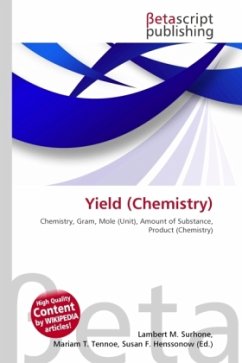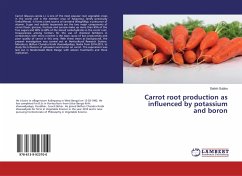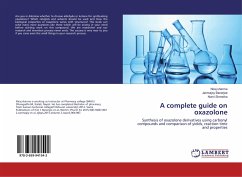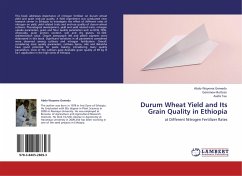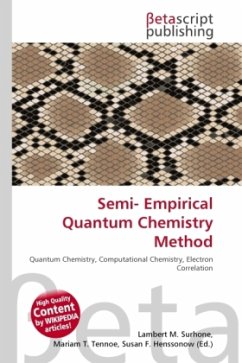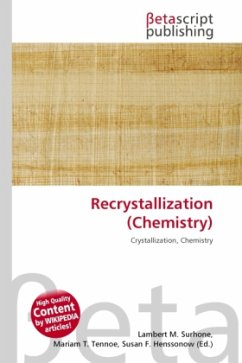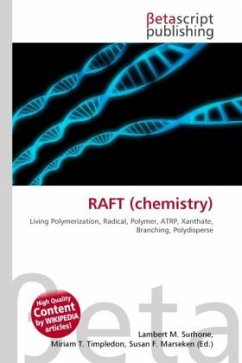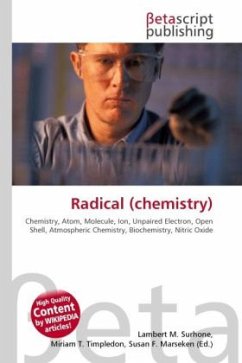High Quality Content by WIKIPEDIA articles! In chemistry, yield, also referred to as chemical yield and reaction yield, is the amount of product obtained in a chemical reaction. The absolute yield can be given as the weight in grams or in moles (molar yield). One or more reactants in a chemical reaction are often used in excess. The theoretical yield is therefore calculated based on the molar amount of the limiting reactant, taking into account the stoichiometry of the reaction. For the calculation it is usually assumed that there is only one reaction involved. The ideal or theoretical yield of a chemical reaction would be 100%, a value that is impossible to achieve due to limitations in measurement accuracy. According to Vogel's Textbook of Practical Organic Chemistry, yields around 100% are called quantitative, yields above about 90% are called excellent, yields above about 80% very good, yields above about 70% are called good, yields below about 50% are called fair, yields below about 40% are called poor.

